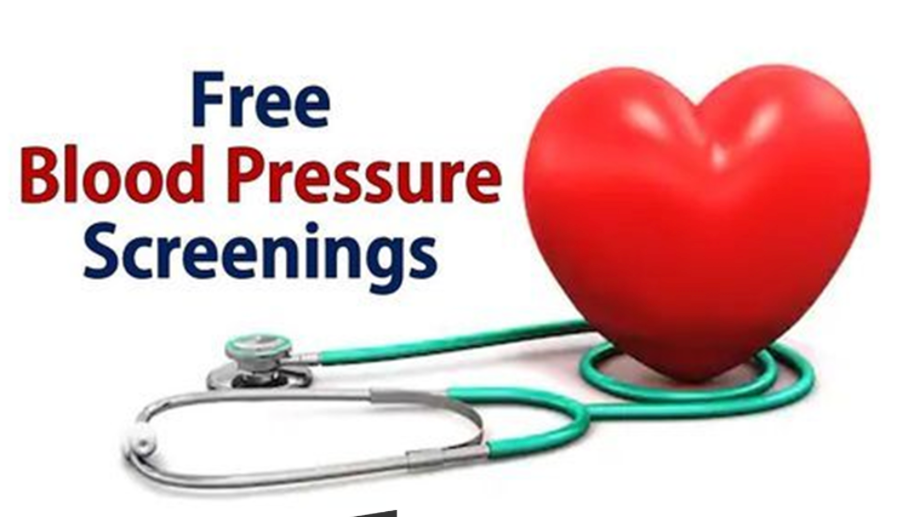Proposition 57 promises to increase the Proposition 47 crime wave
- Aug 31, 2016
- 3 min read
If Proposition 57 passes, it will lead to drastically shortened prison sentences for “non-violent” inmates convicted of property crimes who earned their way to prison due to their underlying crime or criminal history. These releases will only add to the dramatic increase in the property crime rate in California ushered in by Proposition 47. In short, there will be more victims and an increase in the already high dollar cost of crime.
Those whom Proposition 57 promises to release have already demonstrated they are a danger to society. Contrary to what some believe, it is difficult to be sent to prison for a property crime. A criminal convicted of a felony property crime without an extensive prior record is typically sentenced to local probation. Only after repeated violations of probation are they sent to state prison. Others are sent to prison after a property crime conviction because of the degree of loss/harm caused, or because their prior criminal history disqualifies them from probation.
Proposition 57 advocates try to play down the consequences of their initiative. They claim that parole will be granted only after the inmate has demonstrated “educational or rehabilitative achievements” and that the decision to parole will be made by a board largely comprised of officials with prior law enforcement experience. There is no reason to take any comfort in either claim, even if one can put aside the slap in the face to victims of crime by allowing inmates to avoid being fully punished for the harm they caused.
Consider what is an “educational or rehabilitative achievement.” Although the initiative could have defined that term, it did not. Thus, it can be whatever a parole board official deems it to be. For instance, enrolling in a prison PE class could qualify if the parole board wishes. For a real life example of what is sufficient achievement, consider Leslie Van Houten. She was recommended for release early this year because in the previous three years she had taken numerous “self-help programs, classes, and counseling.” Even Governor Brown was forced to disagree and block her parole grant.
Unfortunately, the Van Houten case is not an aberration. A Los Angeles Times story in 2014 noted that since Governor Brown took office in 2011, the parole board has released 1,863 inmates serving life sentences. That is more than in the past 27 years under four prior Governors combined. Doubtless, every one of those inmates had also taken “self-help programs, classes, and counseling.” However, while the Governor can reverse the flawed judgment of the parole board involving inmates serving life sentences, under Proposition 57 the parole decisions are NOT reviewable.
There should be no doubt that the parole board will release thousands of inmates who were sentenced to lengthy prison terms for property crime if Proposition 57 passes. While these inmates may be able to con a parole board into release, by stating that they were in state prison for a property crime, provides a reason to believe they will return to a life of crime after being granted early release. Maybe they will keep their new property crimes under $950 per crime, so as to reap the rewards of Proposition 47 which makes property crimes under that amount consequence-free misdemeanors. But, there should be little doubt that the property crime rate increase in California since Proposition 47 will only continue to escalate if Proposition 57 passes.
Deputy District Attorney Michele Hanisee wrote a terrific piece called “Proposition 57 Unmasked” where she provides a very detailed analysis of the misleading initiative. If anyone has doubts regarding how dangerous this measure will be if enacted, please review Facts About Proposition 57.
I encourage everyone to read my previous columns on this issue: (1) A Simple Challenge for Governor Brown; (2) Governor Brown’s Prisoner Release Initiative is a Bad Idea; (3) Governor Brown’s initiative will make Proposition 47’s failure seem like child’s play; and (4) Governor Brown’s misleading initiative campaign hits a new low.
George Hofstetter is President of the Association for Los Angeles Deputy Sheriffs. ALADS is the collective bargaining agent and represents more than 8,200 deputy sheriffs and district attorney investigators working in Los Angeles County. George can be contacted at ghofstetter@alads.org.
George Hofstetter




Comments